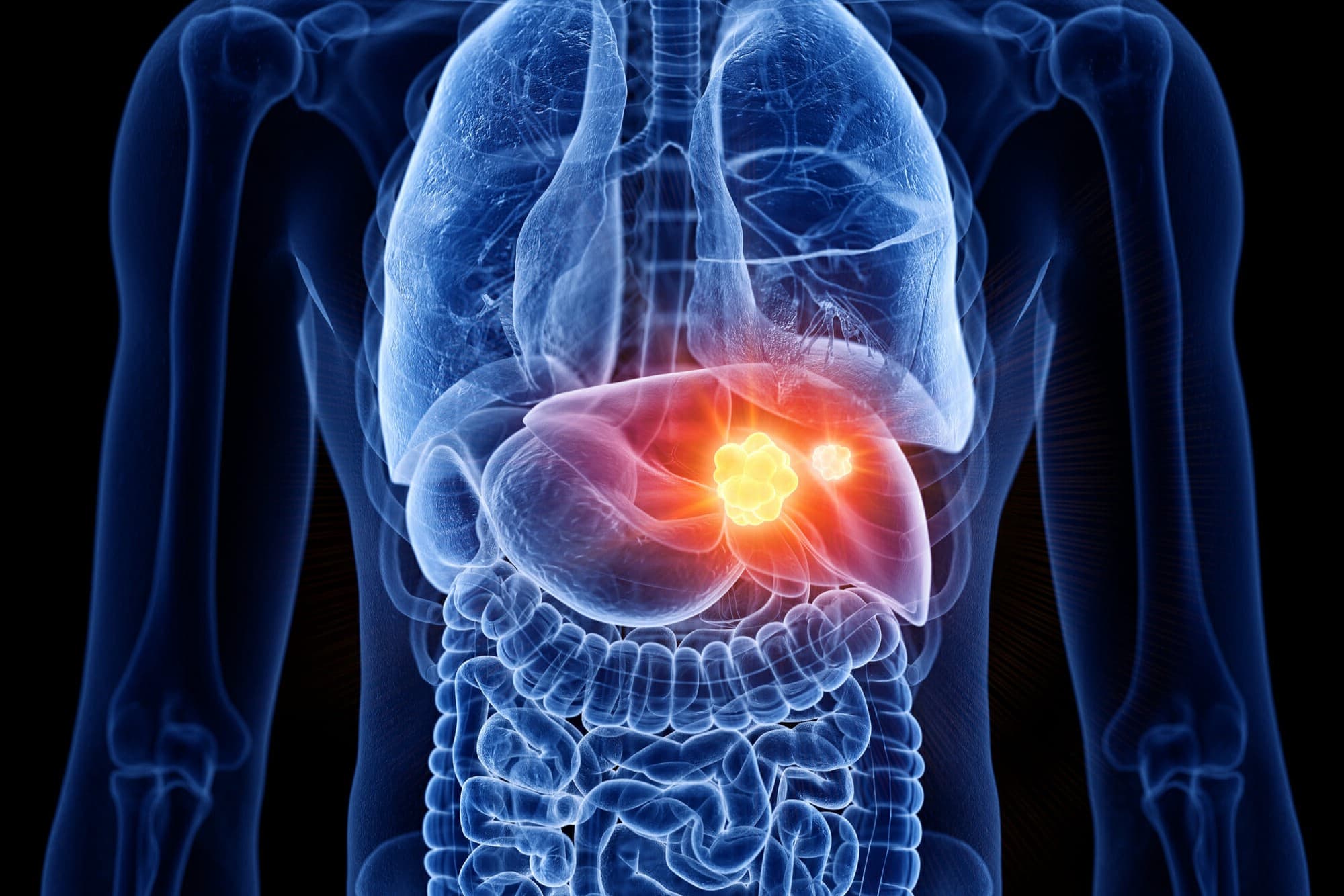
Alpha 1-Antitrypsin Deficiency is a genetic disorder that can lead to serious lung and liver diseases. But what exactly is it? This condition occurs when the body doesn't produce enough of a protein called alpha 1-antitrypsin (AAT), which protects the lungs from inflammation caused by infection or irritants like tobacco smoke. Without enough AAT, the lungs can become damaged, leading to conditions like emphysema or chronic obstructive pulmonary disease (COPD). Did you know that this deficiency can also cause liver problems, including cirrhosis and liver cancer? Understanding the symptoms, causes, and treatments of Alpha 1-Antitrypsin Deficiency is crucial for managing the condition effectively. Let's dive into 20 essential facts about this genetic disorder to help you grasp its impact on health.
What is Alpha 1-Antitrypsin Deficiency?
Alpha 1-Antitrypsin Deficiency (AATD) is a genetic disorder that affects the lungs and liver. It occurs when the body doesn't produce enough of a protein called alpha-1 antitrypsin (AAT), which protects the lungs from inflammation caused by infection or irritants like tobacco smoke.
-
AATD is inherited: This condition is passed down from parents to children through genes. If both parents carry the defective gene, their child has a higher chance of developing AATD.
-
Affects both lungs and liver: While primarily known for its impact on lung health, AATD can also cause liver disease, leading to conditions like cirrhosis or liver cancer.
-
Symptoms vary widely: Some people with AATD may experience severe symptoms early in life, while others might not show signs until later. Common symptoms include shortness of breath, wheezing, and chronic cough.
-
Often misdiagnosed: Due to its similarity to other respiratory conditions like asthma or chronic obstructive pulmonary disease (COPD), AATD is frequently misdiagnosed.
How Common is Alpha 1-Antitrypsin Deficiency?
Understanding the prevalence of AATD can help in recognizing its impact on public health. Despite being relatively rare, it is more common than many might think.
-
Affects 1 in 2,500 people: Approximately 1 in every 2,500 individuals in the United States and Europe has AATD.
-
Underdiagnosed condition: Many people with AATD remain undiagnosed due to lack of awareness and the overlap of symptoms with other diseases.
-
Higher prevalence in certain populations: AATD is more common in individuals of European descent compared to other ethnic groups.
Diagnosis and Testing for Alpha 1-Antitrypsin Deficiency
Early diagnosis of AATD is crucial for managing the condition effectively. Various tests can help identify this genetic disorder.
-
Blood test for AAT levels: A simple blood test can measure the amount of alpha-1 antitrypsin in the blood, helping to diagnose AATD.
-
Genetic testing: Genetic tests can confirm the presence of defective genes responsible for AATD, providing a definitive diagnosis.
-
Liver function tests: Since AATD can affect the liver, doctors may perform liver function tests to assess any potential damage.
Treatment Options for Alpha 1-Antitrypsin Deficiency
While there is no cure for AATD, several treatments can help manage symptoms and improve quality of life.
-
Augmentation therapy: This treatment involves infusing patients with AAT protein derived from donated blood to increase its levels in the body.
-
Inhalers and bronchodilators: These medications can help open airways and make breathing easier for those with lung symptoms.
-
Liver transplant: In severe cases of liver disease caused by AATD, a liver transplant may be necessary.
-
Lifestyle changes: Quitting smoking, avoiding lung irritants, and maintaining a healthy lifestyle can significantly improve outcomes for individuals with AATD.
Living with Alpha 1-Antitrypsin Deficiency
Managing AATD involves more than just medical treatments. Lifestyle adjustments and support systems play a crucial role.
-
Regular check-ups: Frequent visits to healthcare providers help monitor the condition and adjust treatments as needed.
-
Pulmonary rehabilitation: This program includes exercise, education, and support to help individuals with lung disease improve their quality of life.
-
Support groups: Connecting with others who have AATD can provide emotional support and practical advice for managing the condition.
-
Vaccinations: Staying up-to-date with vaccinations, especially for influenza and pneumonia, can prevent infections that might worsen lung symptoms.
Research and Future Directions in Alpha 1-Antitrypsin Deficiency
Ongoing research aims to better understand AATD and develop new treatments. Scientists are exploring various avenues to improve outcomes for those affected.
-
Gene therapy: Researchers are investigating gene therapy as a potential treatment to correct the defective gene responsible for AATD.
-
New medications: Clinical trials are testing new drugs that could help manage symptoms or slow the progression of the disease.
Final Thoughts on Alpha 1-Antitrypsin Deficiency
Alpha 1-Antitrypsin Deficiency (AATD) is a genetic condition that can lead to serious lung and liver problems. Knowing the facts about AATD helps in understanding its impact and the importance of early diagnosis. Symptoms like shortness of breath, wheezing, and jaundice shouldn't be ignored. Regular check-ups and genetic testing can catch AATD early, making treatment more effective. Treatments range from lifestyle changes to medications and, in severe cases, organ transplants. Raising awareness about AATD can lead to better outcomes for those affected. If you or someone you know shows symptoms, consult a healthcare provider. Early intervention can make a significant difference. Stay informed, stay healthy.
Was this page helpful?
Our commitment to delivering trustworthy and engaging content is at the heart of what we do. Each fact on our site is contributed by real users like you, bringing a wealth of diverse insights and information. To ensure the highest standards of accuracy and reliability, our dedicated editors meticulously review each submission. This process guarantees that the facts we share are not only fascinating but also credible. Trust in our commitment to quality and authenticity as you explore and learn with us.


